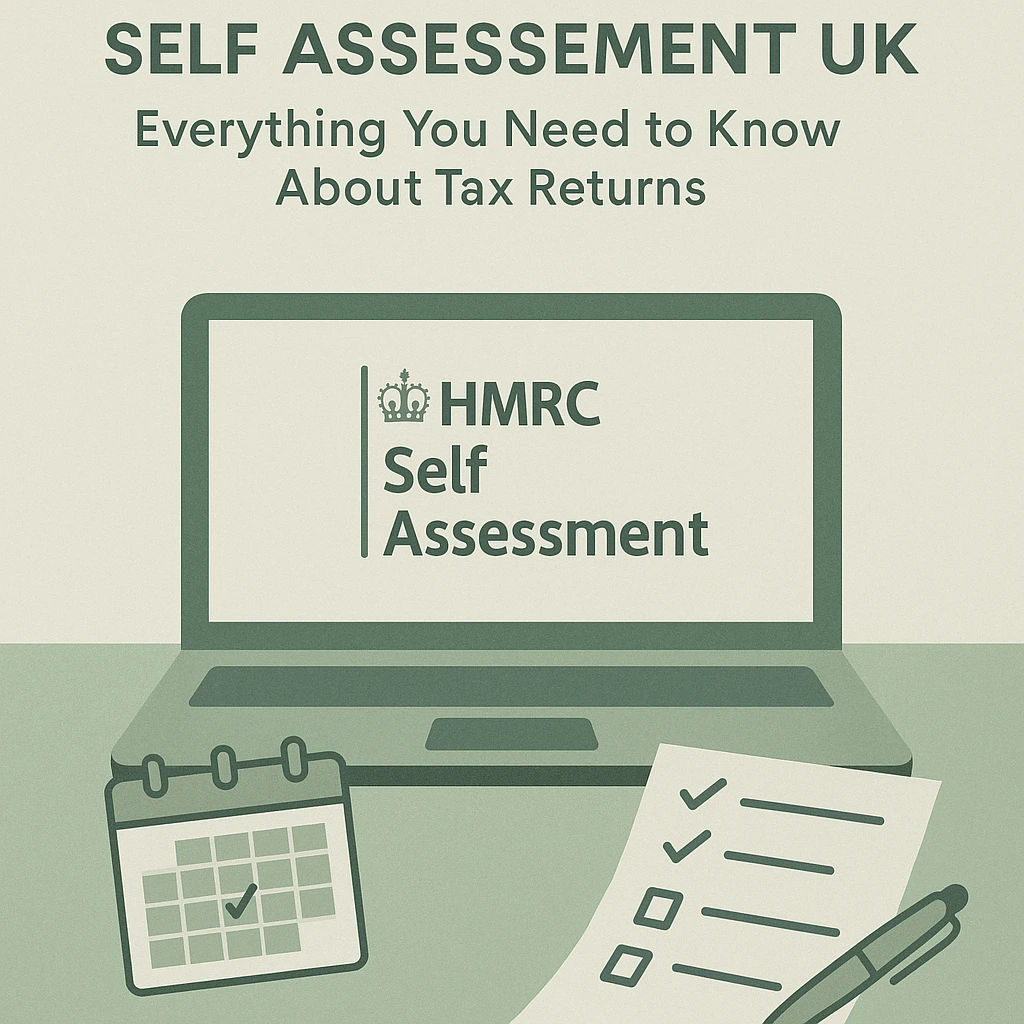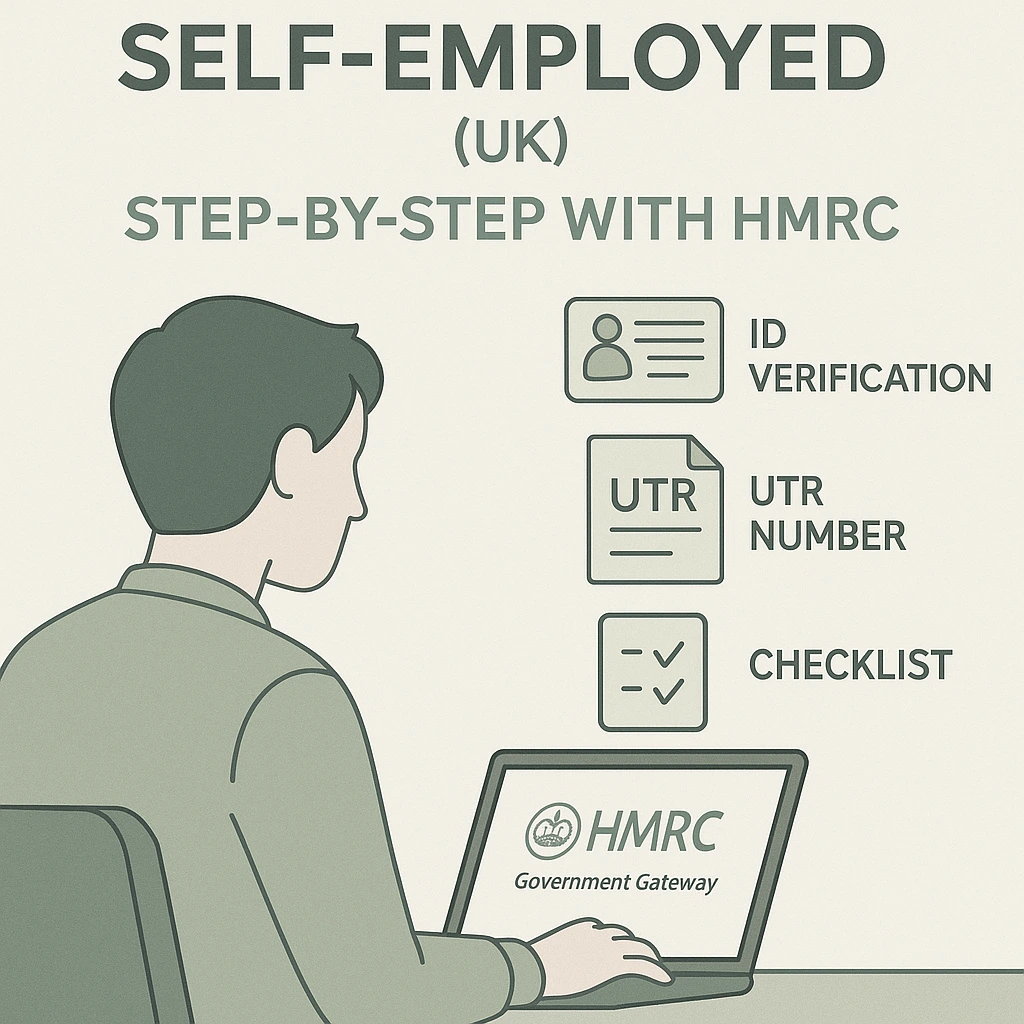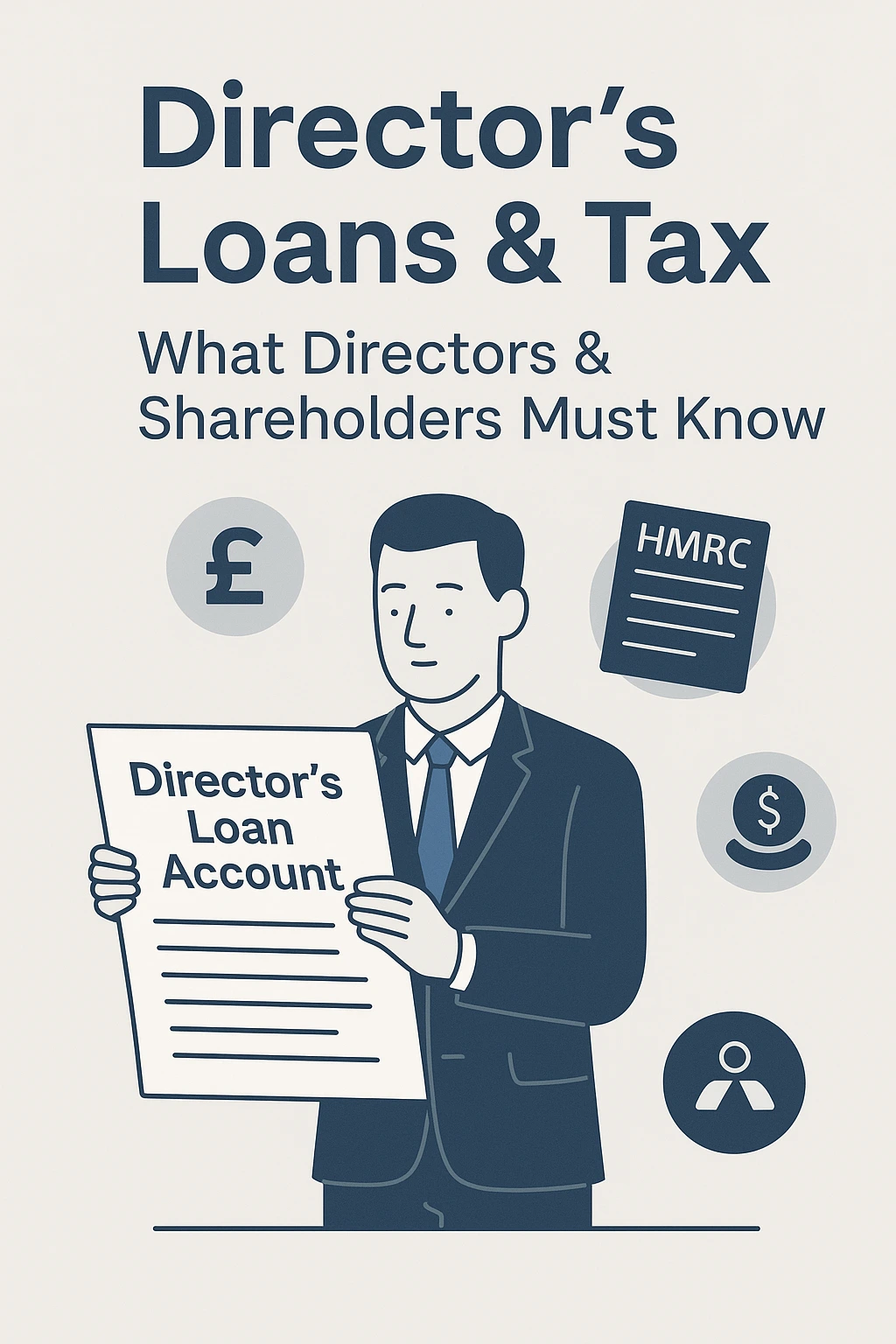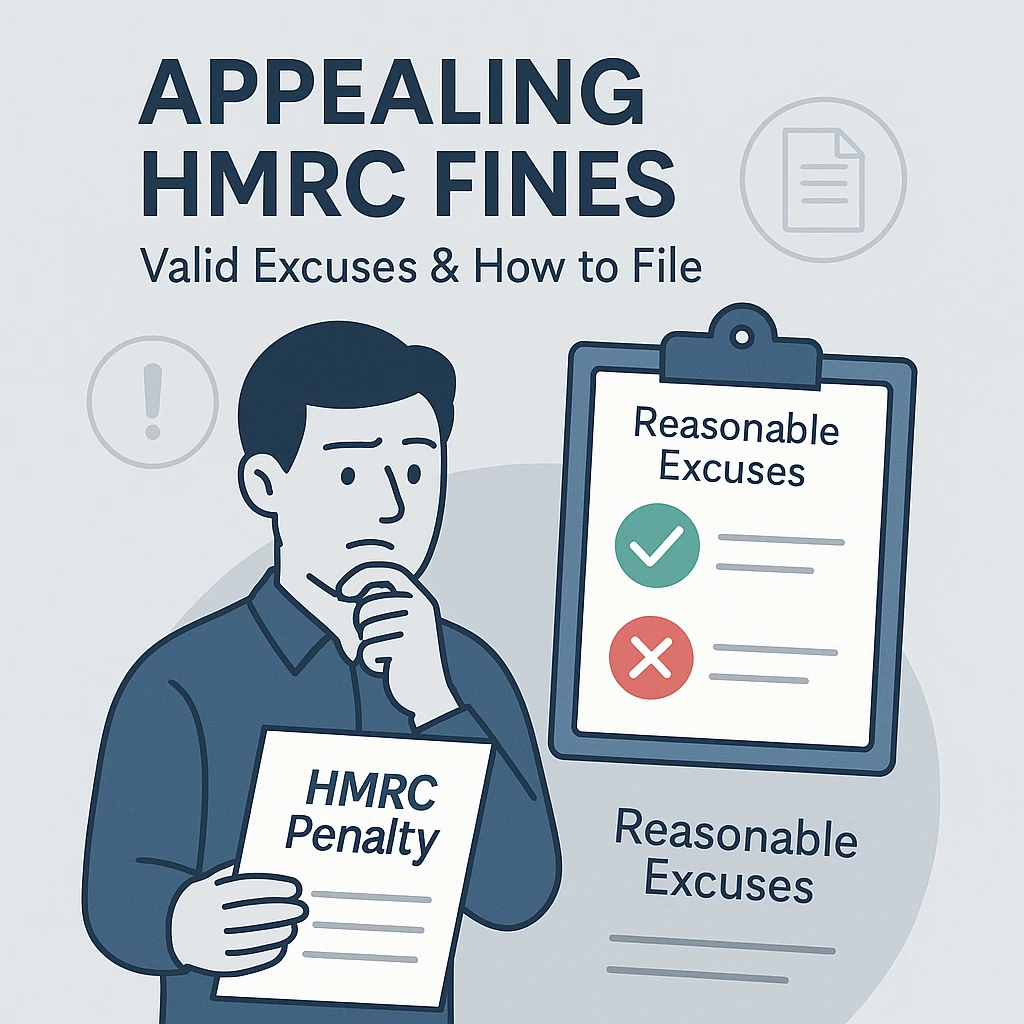
Self Assessment Tax Returns UK: What You Need to Know
Learn who needs to file a Self Assessment tax return in the UK, important deadlines to remember, and top tips for accurate tax reporting.
Essential Guide to Tax Returns: What You Need to Know
The Self Assessment tax return is a crucial document for business owners and certain individuals, required by HMRC to report earnings and sources of income. This process places the responsibility on the taxpayer to calculate their tax liability accurately. Understanding who needs to file and the key components of the tax return is essential for compliance and financial planning.
Who Must Send a Tax Return?
You must send a tax return if you
-
Are self-employed as a sole trader earning over £1,000.
-
a Director of a limited company.
-
Are a partner in a business partnership.
-
Have income from renting out property.
-
Earn income from tips and commission.
-
Receive income from savings, investments, dividends, or trusts.
-
Have income from outside the UK.
-
Receive taxable benefits (
from your employer).
-
Made Capital Gains over £8,800.
-
Hold positions like a religious minister or Lloyd’s underwriter.
-
Have been instructed by HMRC or if your partner claims Child Benefit.
If your only income is from wages or a pension, you usually do not need to file a return.
Filing Deadlines and Methods
The tax return covers income earned in the fiscal year running from 6 April to 5 April the following year. Filing deadlines are critical:
- Online Submission By 31st January after the fiscal year ends.
- Paper Submission By 31st October of the same fiscal year.
Missing these deadlines can result in penalties, so timely submission is crucial.
Calculation and Payment
The Self Assessment process requires you to calculate your tax liability based on your total income and allowable expenses. HMRC provides tools and resources to help with these calculations, but it remains your responsibility to ensure accuracy. Payments are due by the same deadline as the filing (31st January).
Record Keeping
Maintaining accurate records of all income and expenses throughout the year is essential. This includes invoices, receipts, bank statements, and any other documentation related to your earnings and outgoings. Good record-keeping simplifies the filing process and helps avoid errors that could lead to penalties.
Tips for Accurate Reporting
- Double-Check Figures Ensure all amounts are correct and match your records.
- Understand Allowances Familiarise yourself with allowable expenses and deductions.
- Use HMRC Resources Take advantage of HMRC’s guides and online tools.
- Seek Professional Help Consider consulting an accountant, especially if your financial situation is complex.
Conclusion
Filing a Self Assessment tax return is a significant responsibility for many individuals and business owners. By understanding who needs to file, adhering to deadlines, and keeping thorough records, you can manage your tax obligations effectively. Accurate reporting and timely submission not only ensure compliance but also contribute to better financial management.
About Golden Tree Consulting
AAT Licensed | ACCA Affiliated
Golden Tree Accounting & Business Consulting provides expert tax, bookkeeping, and advisory services to sole traders and SMEs across Croydon, London, Surrey, and Kent. With multilingual support and decades of combined experience, we help businesses stay compliant and grow.
More Articles You Might Like
Continue exploring our financial insights

Registering as Self-Employed with HMRC: Step-by-Step UK Guide
Learn how to register as self-employed with HMRC, set up your Government Gateway account, and manage your tax duties. Follow this simple step-by-step guide.

Director’s Loans & Tax: What Directors and Shareholders Must Know
Learn how director’s loans are taxed, how to manage a director’s loan account, and the responsibilities directors and shareholders face under HMRC rules.

HMRC Fine Appeals: Reasonable Excuses That Actually Work
Discover which excuses HMRC accepts when appealing a fine, how to file an appeal, and what won’t be accepted. Avoid penalties with the right guidance.
